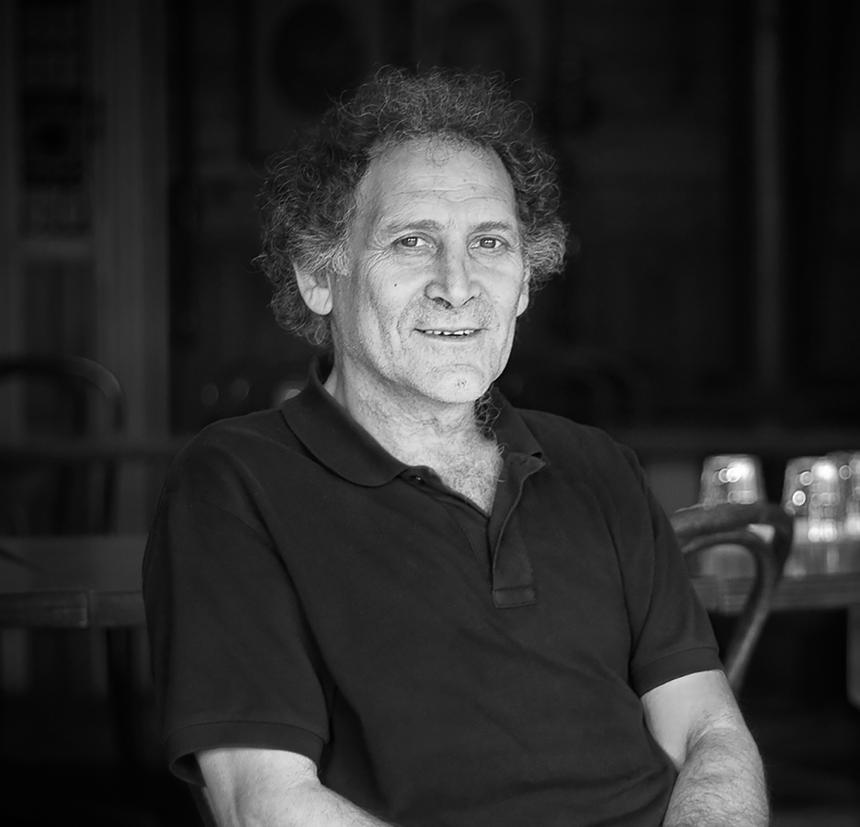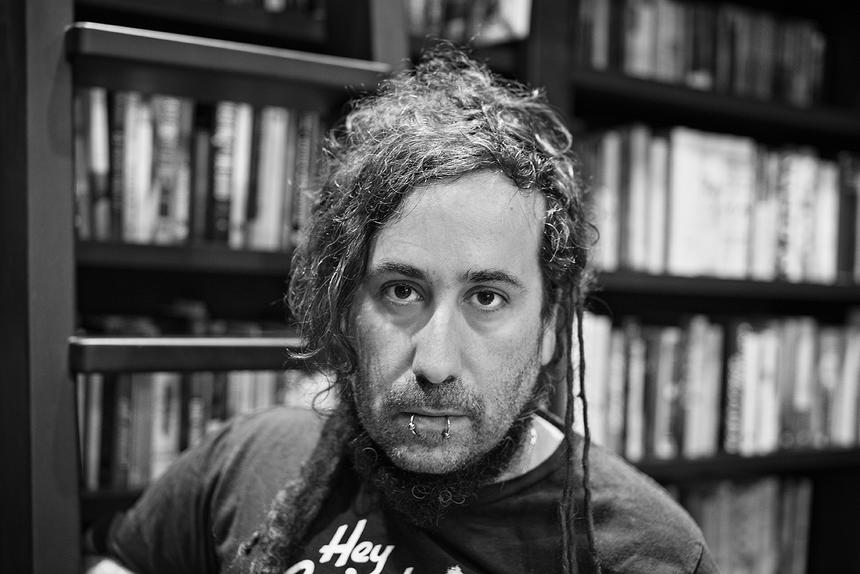Cafe Scheherazade: Text Classics
Text Classics
Arnold Zable
Introduction by Bram Presser
In Acland Street, St Kilda, there stands a cafe called Scheherazade.
Thus begins Arnold Zable’s haunting meditation on displacement, and the way the effects of war linger in the minds of its survivors. In this deeply moving book we meet Avram and Masha, proprietors of the cafe, and hear the tales that they and their fellow storytellers have to offer: of Yossel stalking the streets of Shanghai and Warsaw, of Laizer imprisoned in the Soviet city of Lvov, and of Zalman marooned in Vilna and Kobe. And we learn how Avram and Masha met and fell in love and came to create their Melbourne cafe together.
In this mesmerising book, at once fable and history, fiction becomes a way of remaining faithful to the stories of cities strung across the globe like pearls on a string, to the maps and narratives etched in the minds of old men talking in a cafe by the sea.
andCafe Scheherazade
‘All great stories, says Zable, must have both beauty and terror. “A story which has only terror adds to the darkness. A story which has only beauty cannot be true.”’
‘Cafe Scheherazade…transcends the distinction between fiction and non-fiction…. lyrical … poetic’
‘ a homage… to the power of story telling as well as a meditation on displacement and its aftermath.’
‘Stories are delicate things, attached to people, mutable and ephemeral. Carrying them on entails a certain responsibility. In this sense, Zable relinquishes the role of author and becomes a scribe for a community whose stories might otherwise be lost.’












